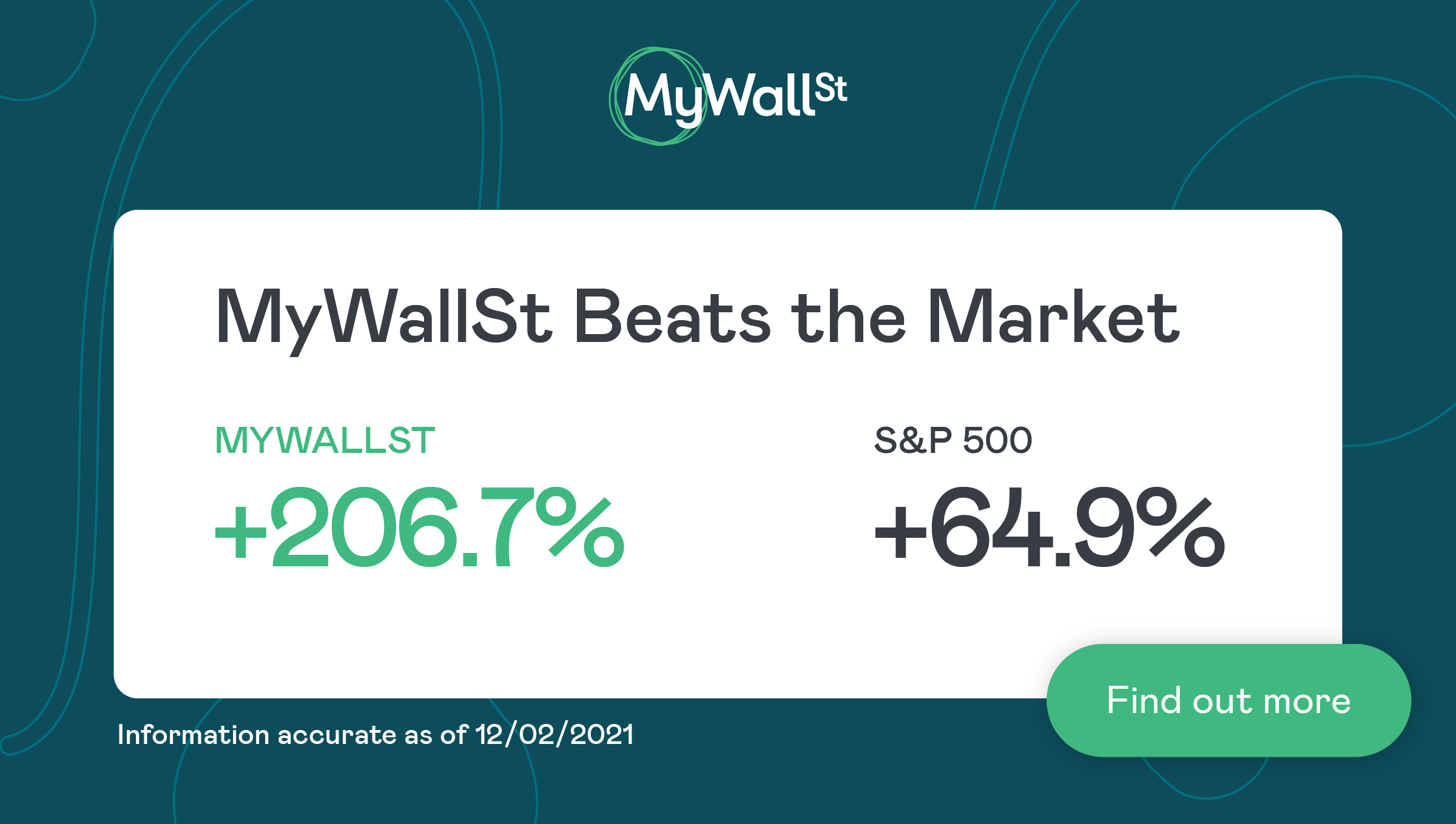Twilio (NYSE: TWLO) is an American cloud-based platform-as-a-service business that enables software developers to use digital communication such as calls, texts, and emails to enhance the user experience. After reporting blowout Q4 2020 earnings, and the stock sitting close to all-time highs, is it still a good investment?
This article was originally written by MyWallSt. Read more market-beating insights from the MyWallSt team here.
Bull Case
Twilo has been one of the beneficiaries of the “shift to digital”, where companies would adapt to the internet and mobile in ways that could often take years in the past. Since COVID-19 hit, this timeline has been compressed to weeks and months and has acted as a secular tailwind for the company. This is demonstrated in a report published by Twilio last year surveying over 2,500 companies which found that 97% of companies found that the pandemic sped up this acceleration. Furthermore, companies’ digital acceleration strategy was accelerated by an average of six years. This acceleration has benefitted Twilio to date but looks set to continue in the coming years.
Twilio reported $548.1 million in revenue, an increase of 65% year-over-year, and full-year revenue growth of 55% to $1.76 billion in Q4 2020. It has a diversified revenue base with 27% of sales generated outside of North America and spread across different business types and sizes.
Whether you are aware of it or not, you have likely come across Twilio’s software in everyday life, whether to verify your number via Whatsapp or getting messages from Lyft or Airbnb. Along with several high-profile customers, Twilio reported 221,000 active customer accounts as of December 2020, compared to 179,000 a year prior. Twilio has suffered from losing the business of large customers, such as Uber, which accounted for roughly 12% of revenue. However, despite a short-term fall in the stock price, Twilio continued to grow revenue and decrease its customer concentration levels. Today, its top 10 customers account for 13% of revenue, a 1% decrease YoY. The stickiness of its business and increasing spend by customers is demonstrated in its dollar-based net expansion of 139% in Q4.
A passionate founding CEO is also a positive indicator. Twilio head, Jeff Lawson, has an impressive 95% approval rating on Glassdoor and still owns a large stake in the company. Twilio also has one of the most diverse leadership teams of any publicly-traded company, with women making up 6 out of 13 of its upper management.
Finally, Twilio has acquired SendGrid and Segment over the past 3 years, and while a strategy of growth by acquisition can be risky, it has demonstrated its ability to do so successfully.
Bear Case
Twilio’s valuation may be a cause for concern for investors as it is currently trading at roughly 37x price-to-sales ratio. This high multiple will mean that management will need to continue to execute on its forecasts. Twilio is also not the only player in the space, with Microsoft’s Azure Communication Services providing stiff competition.
Twilio is also still unprofitable despite a great year of revenue growth, reporting a net loss of $490.9 million in fiscal 2020 compared to $307 million a year prior. On an adjusted basis, this loss is lessened due to excluding items such as stock-based compensation. Nevertheless, it is clear that Twilio has some way to go.
Twilio’s gross margins are not as high as other SaaS companies either, coming in at 56% for Q4, a slight decrease YoY. Although management expects 60-65% margins over the long term, this is yet to materialize, and investors should keep an eye on it.
So, Should I Buy Twilio Stock?
Twilio is well-positioned to benefit from a shift to digital during COVID-19 and in a post-pandemic world and the visionary Jeff Lawson at the helm. Twilio has the numbers to back it up and could be a great addition to a portfolio. The stock is likely to be volatile due to the run-up in recent times, but investors should take advantage of any weakness in the stock as it is likely to continue to keep performing.
MyWallSt gives you access to over 100 market-beating stock picks and the research to back them up. Our analyst team posts daily insights, subscriber-only podcasts, and the headlines that move the market. Start your free trial now!
Disclaimer Past performance is not a reliable indicator of future results.
CMC Markets is an execution-only service provider. The material (whether or not it states any opinions) is for general information purposes only, and does not take into account your personal circumstances or objectives. Nothing in this material is (or should be considered to be) financial, investment or other advice on which reliance should be placed. No opinion given in the material constitutes a recommendation by CMC Markets or the author that any particular investment, security, transaction or investment strategy is suitable for any specific person.
The material has not been prepared in accordance with legal requirements designed to promote the independence of investment research. Although we are not specifically prevented from dealing before providing this material, we do not seek to take advantage of the material prior to its dissemination.
CMC Markets does not endorse or offer opinion on the trading strategies used by the author. Their trading strategies do not guarantee any return and CMC Markets shall not be held responsible for any loss that you may incur, either directly or indirectly, arising from any investment based on any information contained herein.
*Tax treatment depends on individual circumstances and can change or may differ in a jurisdiction other than the UK.
Continue reading for FREE
- Includes free newsletter updates, unsubscribe anytime. Privacy policy






